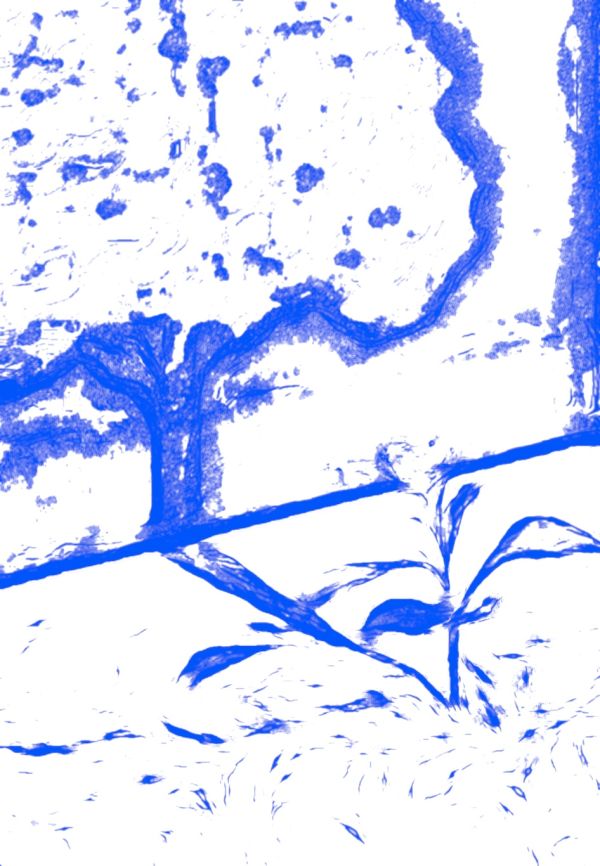God bless us and may the Virgin protect us!
A reflection on Advent today and tomorrow evening the short commentary on the Bible readings for the first Sunday of Advent.
* Next Sunday, 1 December, begins the season of Advent, which is not only preparation for the holy Christmas of Jesus, but a recurring invitation every year to orient the whole of Christian existence as a watchful and prayerful waiting for Christ, who is the One who comes. The word Advent is borrowed from the Latin adventus, which indicated the solemn arrival of the king, emperor or victorious general, with special celebrations and rites. It was therefore a time of expectation and preparation to welcome lofty figures of prestige. For us Christians, it is a time of hope and spiritual renewal: we remember the birth of Jesus in Bethlehem, but we know that he is constantly present in a spiritual way in our lives and we await his return in glory with hope and vigilant faith.
St Bernard of Clairvaux (1090-1153) describes the three comings of Christ in the context of Christian spirituality and theological reflection. The first coming is the historical one, when Christ became incarnate and was born in Bethlehem. Christ's advent in the flesh narrated in the gospels. His intermediate second coming is the one that takes place continuously in the hearts of believers through grace, sacraments and spiritual life. It is an invisible and personal coming, since Christ manifests himself in the soul of those who receive him. The third coming will be future and glorious at the end of time, when Christ will return to judge the world and establish his definitive kingdom. St Bernard summarises: "In the first coming, Christ came in the flesh and in weakness; in the second, he comes in the spirit and in power; in the third, he will come in glory and in majesty." The Christian's entire existence thus becomes an Advent, and every year the Advent season reminds us of this: we experience Advent not only as preparation for the commemoration of Christmas (first coming), but also as an opportunity to welcome Christ into our lives (intermediate coming) and as an expectation of the ultimate fulfilment of our salvation (third coming).
* Celebrating Advent means knowing how to wait: waiting is an art that our impatient time has forgotten. It wants to pluck the ripe fruit as soon as it sprouts; but greedy eyes are only deluded, because such a seemingly precious fruit is still green inside, and disrespectful hands throw away without gratitude what has failed them. Whoever does not know the sour bliss of waiting, that is, the lack of something in hope, can never taste the full blessing of fulfilment.
He who does not know the necessity of wrestling with the deepest questions of life, of his own life, and in the waiting does not keep his eyes open with longing until the truth is revealed to him, he can imagine nothing of the magnificence of this moment when clarity will shine forth; and he who wants to yearn for the friendship and love of another, without waiting for his soul to open to the other until he has access to it, to him will remain eternally hidden the profound blessing of a life that takes place between two souls. In the world we must wait for the greatest, deepest, most delicate things, and this does not happen in a stormy way, but according to the divine law of germination, growth and development. Max Weber, Celebrating Advent (Editrice Queriniana, Brescia 2007, p. 37)
*The Art of Waiting. If Advent is not just about preparing for the celebration of Christ's birth or celebrating a Christmas that has become much more secular than Christian, it means that it can become a favourable opportunity to rediscover the meaning, value and depth of waiting itself in our lives. We cannot live if we do not wait for someone! In our time, dominated by speed and impatience, waiting is often perceived as an obstacle or a void to be filled. Instead, Advent teaches us that knowing how to wait means living with awareness and hope, accepting the mystery of time and opening ourselves with simple curiosity to the fulfilment of God's plans. To wait is also to trust. This is why the art of waiting implies learning: learning first of all the martyrdom of Patience, which is recognising that important things take time to mature. It takes the important exercise of Hope: to live with confidence, even when the fulfilment of the divine promises is not immediately visible, and not to let oneself be dominated by the demon of haste and discouragement. It is to discover the taste of an inner Preparation: Use the time of waiting for reflection, prayer and spiritual growth, but also to prepare oneself to discover everything new in the habitual rituals of everyday life. Everything becomes new for new eyes, like the sun which is eternal and yet absolutely new every day. Advent, then, is not just a passive waiting, but an active time, in which fundamental virtues are cultivated to fully welcome the gift of God. There is also a secularly sacred sense of Advent when one can learn to be 'artists of waiting'. Learning to wait from everything and everyone for a breath of hope that nourishes the courage of life; sucking the pleasure of joy even from suffering and pain; waiting for love even where it seems impossible. Waiting to learn how to know how to wait because, as the wise Qoelet writes "there is a time for everything, a time for everything under heaven" (3:1).
Happy Advent time!
+Giovanni D'Ercole












